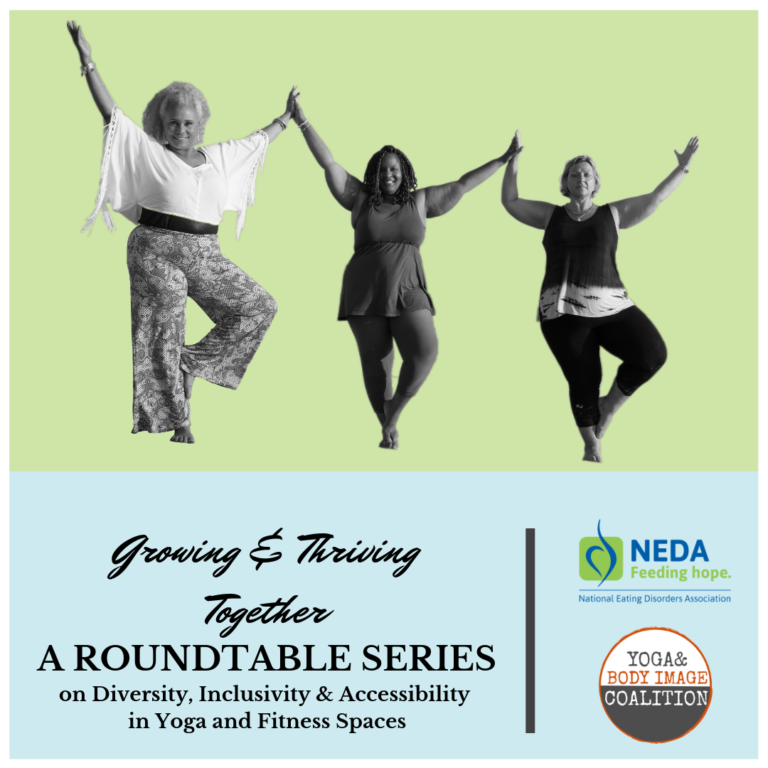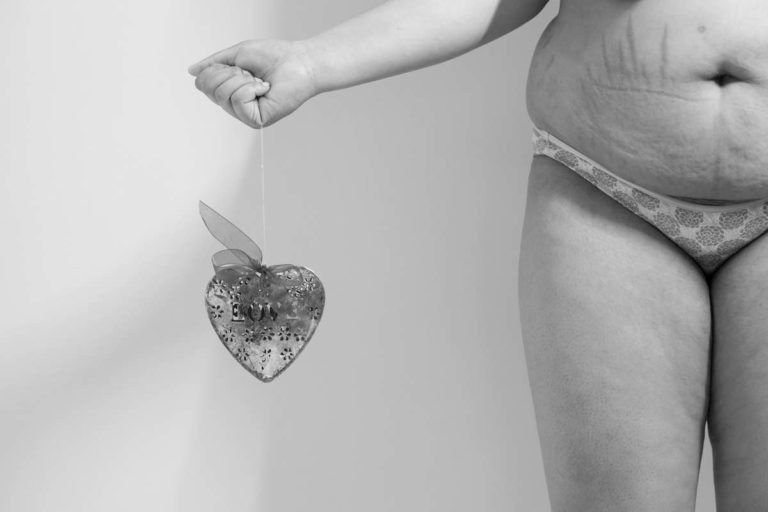When your world shrinks

Content note: Fatphobia, injury
The third time it happened, I started to wonder.
I pulled off my fleece hoodie and reversed it, putting my arms inside the torso of the garment as a sort of straitjacket, confining my arms to the small bubble of space allowed me by the airplane seat, ensuring my body wouldn’t overflow into the aisle.
The fourth time it happened, I thought that somehow my arm must have drifted into the aisle as I dozed. I secured it more tightly inside the confines of the hoodie and shifted my hips slightly, wedging my right hip further — painfully — under the armrest to my right, which only went up a couple of inches, hoping to angle my body so that it was impossible for any part of it to drift into the aisle.
The fifth time, I was puzzled. My arm was lying along the armrest, but not extending out into the aisle at all thanks to my careful arrangements. So how was I being struck hard on the arm every few minutes, particularly since almost everyone on this flight over the ocean at midnight was asleep?
The sixth time, I saw it. The seventh, eighth and ninth times, too. Each time a flight attendant happened to walk by, she went out of her way to strike my arm with anything she was carrying, or with her hip, or with the drink cart. It was repeated, deliberate and malicious.

Flying Aer Lingus while fat.
I was surprised and angry. After all, what had I done to deserve punishment other than dare to fly while fat? I had boarded the plane like anyone else, politely asked for a seatbelt extender, sat down, and hadn’t even complained when I discovered that this trans-Atlantic flight lacked power outlets and had armrests that didn’t go up.
My arm was sore for days.
Two weeks later, I twisted my knee badly while hauling my heavy suitcase onto a train whose door was several feet above the platform.
I’d been so proud of stuffing three weeks’ worth of plus-size clothing and necessities for two different continents into a medium-sized suitcase.

Hot springs at which not one person stared at our fat bodies, which was lovely.
Beforehand, several friends in smaller bodies had suggested that I “pack light” and simply buy clothing at my destination, or pack my cheapest clothing and then discard pieces along the way to make room for souvenirs. I was a little shocked by their suggestions. What must it be like to live in a body where clothing that fits is so easy to come by that it can just be purchased anywhere, or thrown away knowing you can easily buy more?
So my suitcase was heavy for its size. So far I’d been hauling it around quite adequately, but when we reached our final overseas stop, a picturesque fishing village on a cliff, my heart quailed. Knee throbbing, I very slowly pulled the suitcase behind me as we ascended the steep, cobbled main street.
The desk attendant at our rustic hotel was polite enough as she checked us in. Slim and energetic, she practically floated up the stairs to our room. The hotel was formed by a number of small buildings on the hillside, and to reach the rooms, one climbed flights of stairs through hallways that led into small courtyards, which led to more stairs.
Stairs in old places aren’t like the stairs we’re used to in the United States, with standardized heights and widths and non-skid surfaces. The first flight of stairs in this particular hotel had steps of slippery marble with the highest risers I’d ever seen.
I was exhausted, my knee hurt so much I could barely think, and at that point my only purpose in life was to get up those stairs into our room so I could lie down.

Even taller than they appear. Stone steps in Riomaggiore, Italy.
My husband, who’d been dealing with his own heavy suitcase this whole time, vanished up the stairs, intending to put his bag down and come rescue me. The attendant went with him to show him the room.
Once they were out of my line of sight, the attendant took his suitcase from him and carried it the rest of the way. When they reached the room, she implied to him that she was going back to help me and disappeared.
When the attendant got back to me, I was still on that first flight of stairs, visibly struggling. I’d heave the suitcase up a single incredibly tall step, haul myself up beside it, then rest 20 or 30 seconds before tackling the next one. I was simply in that much pain.
The attendant appeared on the steps above me. Not knowing she’d already helped my husband with his luggage, I couldn’t even imagine asking for assistance. I knew I presented a caricature of an American: fat, sweaty, red-faced, unable to handle a simple flight of stairs.
What the attendant didn’t know was that I’d spent the last two weeks in a fifth-floor walkup and had handled that just fine. Or that I was injured and in severe pain.
As I watched, the attendant, standing a few steps above me, met my eyes. Her face twisted into a grimace of open disgust. Without saying a word, she stepped close to me, then turned her body sideways and carefully edged past me down the narrow steps so that she wouldn’t be forced to touch or interact with me.
Ten minutes or ten hours later when I finally reached our room, my husband was waiting at the door, his face creased with concern. After all, he’d thought the attendant was going to assist me, but it was taking an awfully long time. I made it into the room, collapsed onto the bed and burst into tears.

Totally doable…without a knee injury. Concrete water stairs in Manarola, Italy.
All my life, I’ve heard people say that when they first traveled any great distance, it felt like the world opened up before them.
As I flew back home, hips bruised and aching from my airplane seat, I could feel my world shrinking.
No matter where I go on this planet, my time spent traveling in airplanes will range from severe discomfort to actual pain because airlines and airplane manufacturers decided that profit was more important than bodies like mine.
No matter where I go on this planet, I will face bigotry and discrimination ranging from hostile stares to active maliciousness from people who have been trained to see fat bodies as gross, lazy, gluttonous, messy, and morally inferior. Many of them will have been trained to think those things by cultural exports from my own country, which sees fat bodies as vile.
No matter where I go on this planet, any mistreatment, discrimination or other issues I face related to my body size will be brushed off, disbelieved or excused, because diet culture has taught people that my fat body deserves hatred for its own good.
Is it worth it? I don’t know that it is.

Fat on the Pisa-Cinque Terre train.
When people ask about my trip to Italy, they’re expecting to hear about idyllic days with wine and pasta, not stories of struggle. They don’t want to hear how every time we needed to eat, we skulked around the front entrance of restaurants long enough to figure out whether we’d be able to fit between the tables. They don’t want to hear about the awkwardness of knowing that both your body and your suitcase aren’t going to fit in a single narrow train seat, but forcing those two solid objects to occupy the same painful space because there’s nowhere else for your suitcase to go.
But these stories need to be told. When you live in a thin body and the treatment you receive at the hands of the very same people is completely different, how would you know, if the rest of us don’t speak up?
Writing this, anxiety has twisted my stomach and gripped my lungs. I know that some of you who read this will blame me for my experiences. I know you’re going to have trouble sympathizing with someone who’s openly, visibly fat, who’s sharing a story about bigotry. It’s going to be easier to blame me than believe me.
Before you object, I’m not asking for the entire globe to accommodate my body. I’m not asking for the infrastructure in countries where the population is statistically much smaller than I am to be thinking of me when they design restaurant chairs and train cars.
(Though even in countries where the people are statistically in small bodies, fat people still exist. Why don’t they deserve to be treated with equal respect and have chairs that fit their bodies, too?)
But I am asking to be treated with basic dignity. I’m asking that airplanes be designed with more bodies in mind than just the very thin ones. I’m asking that fat bodies be portrayed in the media as worthy and valid so that global culture begins to reflect that shift.
I’m asking that people in smaller bodies be aware of prejudice against fat bodies, that you step up and defend us when you see mistreatment, that you make decisions to end discrimination when you have that power, and that you advocate for changes to end discrimination when you can.
I believe in you and your ability to overcome fatphobia. I believe in you and your ability to stand with me.

Every Monday, I send out my Body Liberation Guide, a thoughtful email jam-packed with resources on body liberation, weight stigma, body image and more. And it’s free. Let’s change the world together. Subscribe »
Hi there! I'm Lindley. I create artwork that celebrates the unique beauty of bodies that fall outside conventional "beauty" standards at Body Liberation Photography. I'm also the creator of Body Liberation Stock and the Body Love Shop, a curated central resource for body-friendly artwork and products. Find all my work here at bodyliberationphotos.com.








